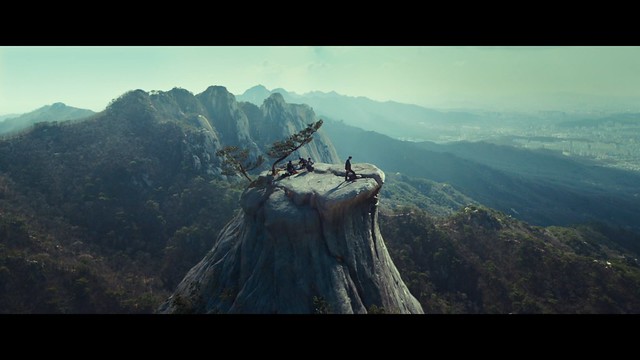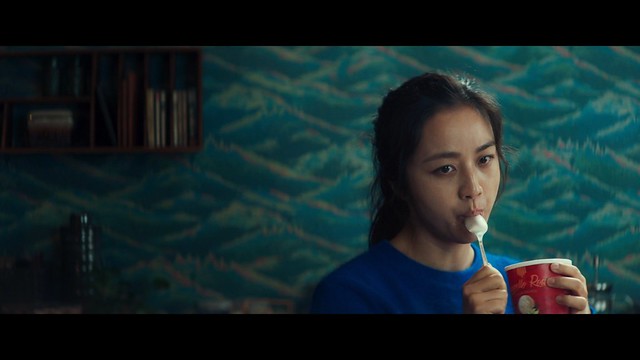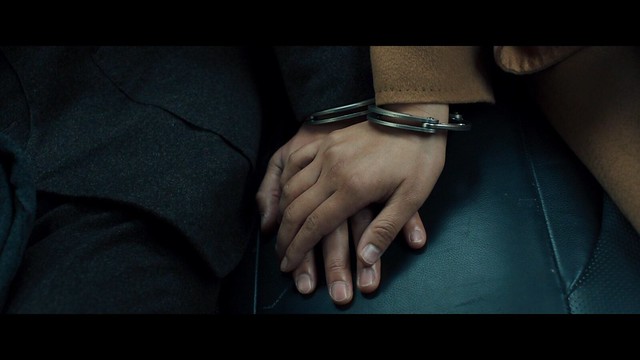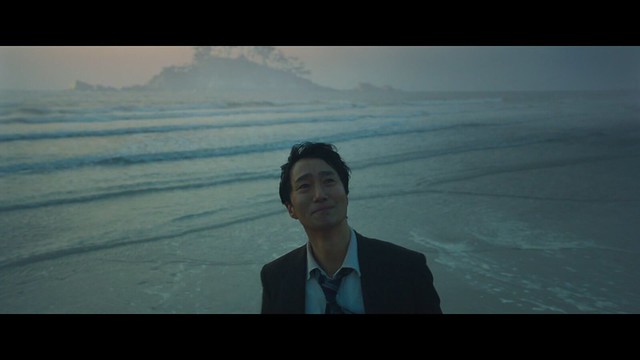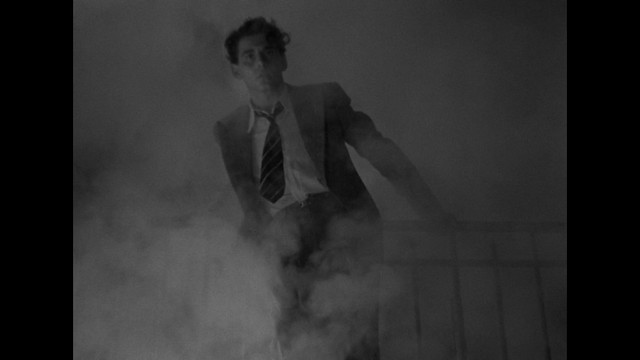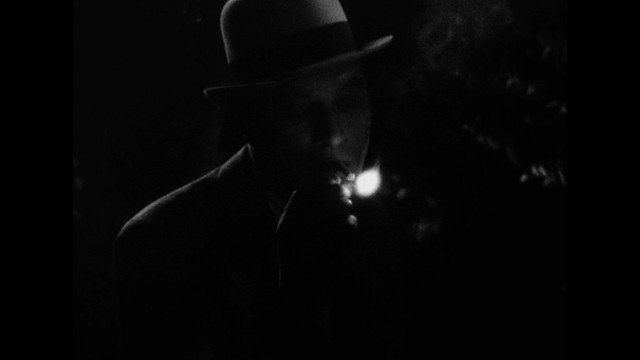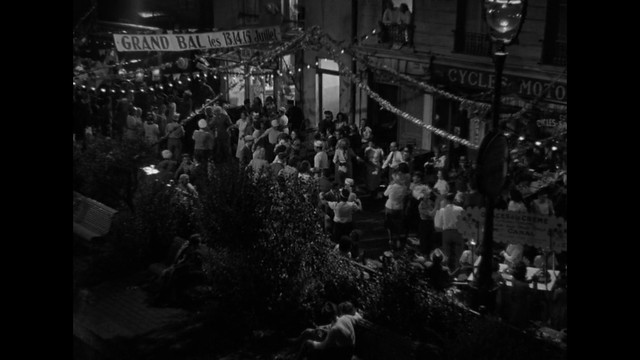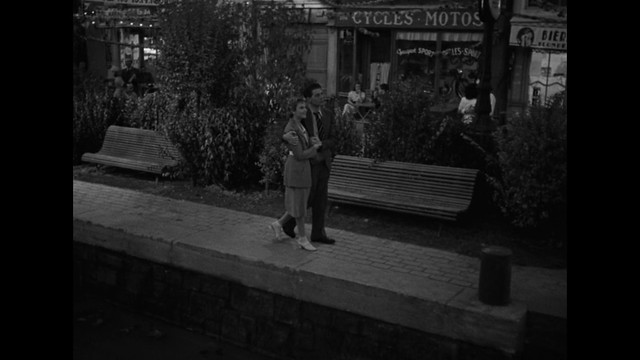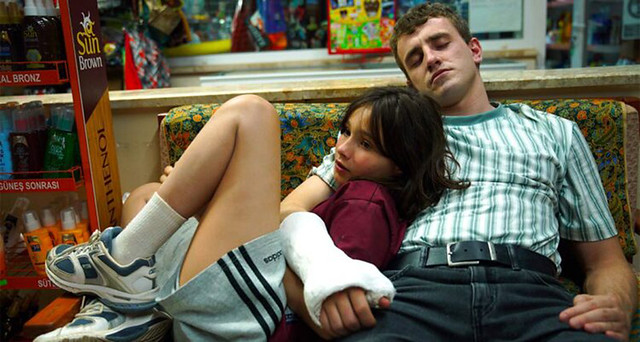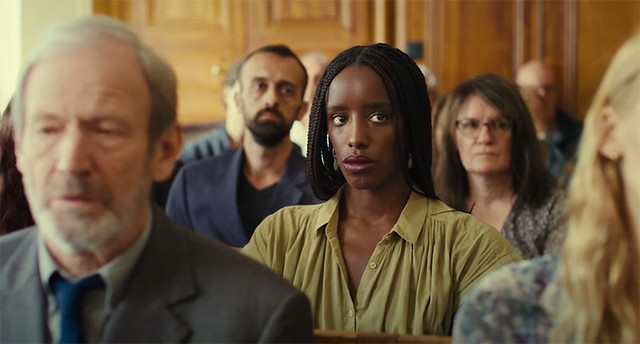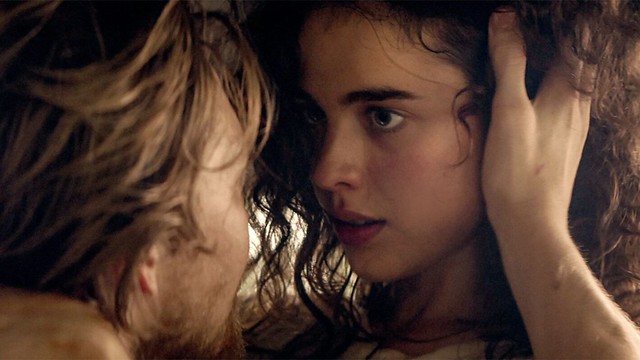Tár (2022) - Field
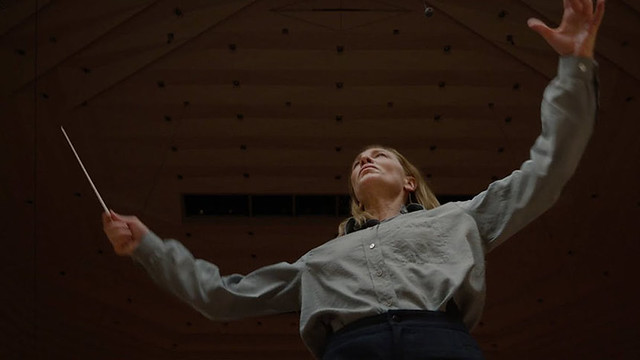
I’m sure parallels between conducting and directing was not lost in Todd Field when he conceived the idea for Tár. With the film, he breaks 16 years hiatus after critical success of his dark suburban melodramas (In the Bedroom and Little Children), and proves himself to be a maestro, by directing, producing, and writing the film about the famed conductor, getting great performances out of great international talents. I’ve been closely following his career trajectory as he was supposed to adapt and direct Jonathan Franzen’s Purity as a showtime miniseries, since book has been my favorite of the last decade. And I was sad to learn the news when it didn’t materialize. But with Tár, he presents himself incontrovertibly to be Hollywood’s best kept secret.
Talking about gender equality in the face of sexual misconduct in the social media era, Todd Field's biting and grandiose character study Tár is at once current in its sexual politics and old fashioned in its rise and fall narrative of its subject. The film's astute observation of today's social climate and brisk pacing reminds me very of David Fincher's Social Network (but not its Adderall induced choppy editing). But unlike Fincher's precisely timed zeitgeist Facebook saga which was geared mainly toward millennials, where everything felt like kids-playing-in-adults’-clothes, Tár, heavily relying on the strength of Kate Blanchett's towering performance, feels very much a grown-up film.
Lydia Tár (Blanchett) is first seen nodding off on the private jet. Someone's recording her with their phone while texting. These first frames of the movie sets the somewhat ominous tone of what’s to come. Maestro Tár is one of the select few EGOT- Emmy, Grammy, Oscar and Tony awards recipients, and a resident conductor of the Berlin Philharmonic Orchestra. She divides her time between New York and Berlin, gives interviews, teaches at Julliard, drives her kid to school, takes meeting with her mentor and fellow conductors in fancy restaurants and hotel rooms. She is preparing the live music recordings of the much coveted piece within classical music circles, Mahler's 5th Symphony.
Field is quick to establish the ecosphere of the famed figure’s lifestyle - a Porsche, a private jet, a big cement architectural house in Berlin where she shares with a famed violinist Sharon (Nina Hoss, Barbara, Phoenix) and their adapted pre-teen daughter Olive. The lengthy TV interview she gives in the beginning also greatly reveals her public persona - a well-educated and well-traveled woman and how she broke the ceilings of white male dominant conducting world and how she learned to appreciate music from her mentor Leonard Bernstein. But perhaps being modest, she doesn't see herself as a trailblazer. 'Being a woman' was neither disadvantageous or beneficial to her success.
Another revealing, lengthy scene takes place at her Julliard classroom where she teaches young students. She mercilessly scolds a young man, who identifies himself as an BIPOC LGBTQ, for refusing to play Bach because he sees Bach as a white male misogynist who sired 20 children from several different women. She makes a point that but it's not the musician's private life but the music he produced that matters, which transcends gender, political, cultural, and even temporal boundaries.
It takes a long while, but the elegant, graceful, and glacial façade of Lydia sees little cracks appearing. There’s an early indication that Lydia is suffering from paranoia. She can’t sleep easily in neither of her houses – the big house she shares with Sharon and the small dilapidated flat she kept since her early Berlin days for work, and/or for secret rendezvous, because she hears noises in the middle of the night. She feels the presence that some one is watching her. She hears unseen woman screaming for murder in her jogging route in the woods.
The arrival of Olga, a young Russian Cello protégé, and Lydia's favoritism toward her also raises few eyebrows among the orchestra members. Surely young Olga is very talented and deserves the spot as a new cellist in the orchestra. But her incredibly obvious and almost creepy affection on display irks even her most ardent supporters, including Sharon, who stood by her all these years. Is Lydia’s self-deprecating U-Haul lesbian joke just another façade? Her trusty assistant Francesca (Nóemie Merlant, Portrait of a Lady on Fire) is unhappy with how Lydia handles the suicide of the pupil, whom they both obviously had affections for. After finding out Francesca still corresponded with the girl prior to her death, Lydia passes her up as her assistant conductor. Francesca soon disappears without any notice.
In the center of it all, is Blanchett in her blistering and physical performance. It’s a showy and hammy role specifically written for her by Field. Lydia Tár is just as much a juicy role for an actress to play as Daniel Plainview is for male actors. It’s a role that requires confidence and authority that no other actresses in her generation possesses. Blanchett is particularly suited for the role specifically because she was never young in her film career. It’s because she was always old. She has never been an ingenue. This is why she is perfect as a predatory older woman who can be just as ignorant and arrogant in her behavior as any man in power. It’s also her dedication to the role- learning to speak German, how to play piano and conducting that is truly impressive.
The long epilogue of the film and Blanchett’s performance as she confronts the sexual degradation is heartbreaking.
Field really achieved something remarkable with Tár. It’s one of those big character driven film that is rare to be made nowadays. With its mesmerizing closeups and Blanchett’s commanding performance, the film is spectacular on the big screen. Go see it big.
After Venice and New York Film Festival premiere, Tár opens in theaters this Friday via Focus Features.
 Olivier Assayas’s HBO series Irma Vep is perhaps the best film/TV series/whatev about filmmaking that I’ve seen.
If his 1996 film version, starring Maggie Cheung was a grungy version and a love letter to its Hong Kong starlet, and low budget 'French' filmmaking, The series is bigger and more indepth look at filmmaking in the age of globalism with secondary characters more fleshed out - Assayas taking advantage of the long form. Thanks to Assayas, I have a better understanding of filmmakers’ compulsion to make movies one after another. That there’s a sadness in btwn projects because you see your film crew as a surrogate family and you want to have that constantly not to get lonely. I never thought of it that way before.
Olivier Assayas’s HBO series Irma Vep is perhaps the best film/TV series/whatev about filmmaking that I’ve seen.
If his 1996 film version, starring Maggie Cheung was a grungy version and a love letter to its Hong Kong starlet, and low budget 'French' filmmaking, The series is bigger and more indepth look at filmmaking in the age of globalism with secondary characters more fleshed out - Assayas taking advantage of the long form. Thanks to Assayas, I have a better understanding of filmmakers’ compulsion to make movies one after another. That there’s a sadness in btwn projects because you see your film crew as a surrogate family and you want to have that constantly not to get lonely. I never thought of it that way before.
